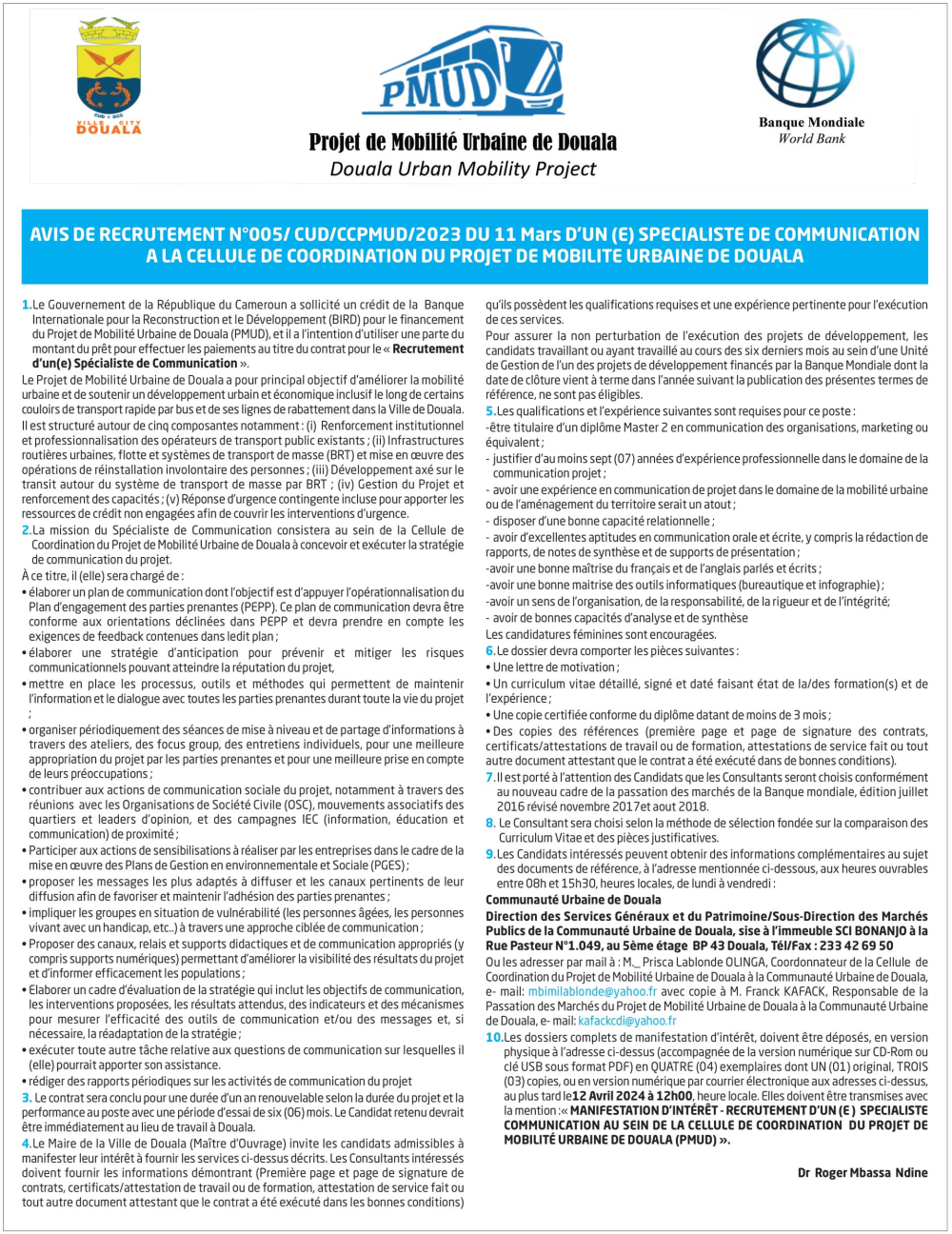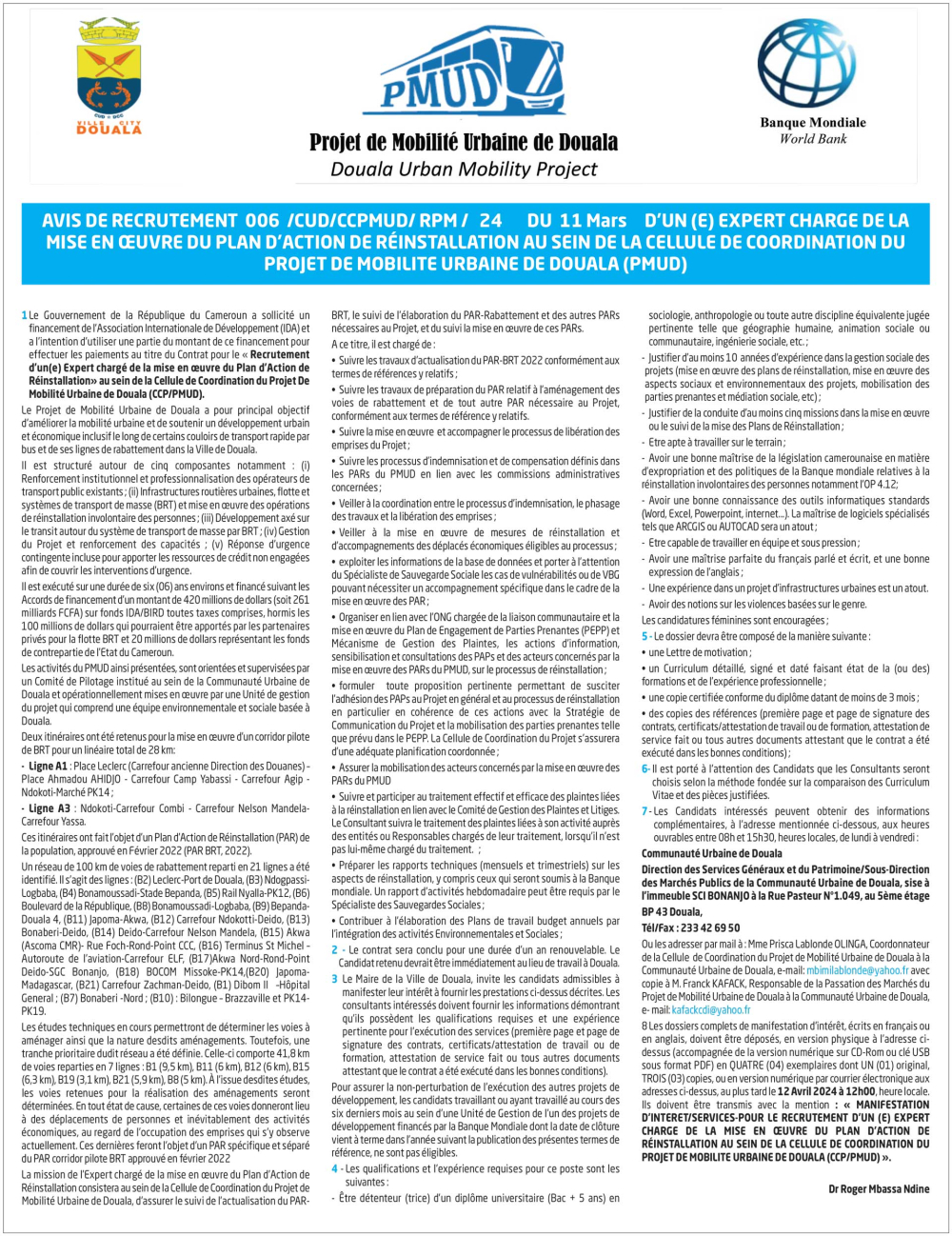Fight Against Corruption : Conquest And Resistance
- Par Emmanuel
- 12 juil. 2022 09:48
- 0 Likes

Many public and private institutions are involved in the fight against corruption in Cameroon and much still needs to be done to consolidate the conquests in the battle.
Cameroon joined the other African countries on July 11, 2022 to commemorate the 16th edition of the African-Anti-Corruption Day on the theme, “Strategies and mechanisms for the transparent management of Covid-19 funds.” As an extension of the commemoration, the Cameroon National Anti-Corruption Commission (NACC) will on July 14 and 15, 2022 in the South Regional capital, Ebolowa organise a training workshop on the Commonwealth Anti-Corruption Benchmarks.
The two events translate the continuous deepening involvement of Cameroon in the fight against the corruption scourge. They also show the growing success the country is scoring in the fight which from every indication is progressive. The anti-corruption war in Cameroon is fought by institutions such as the National Anti-Corruption Commission (NACC), Supreme State Audit Office, Audit Bench of the Supreme Court, National Agency for Financial Investigation (ANIF) and some regulatory institutions such as the courts. Ministries, Public and Semi-public institutions also have Anti-corruption Units and different private sector structures and civil society organisations equally carry out advocacies aimed at eradicating the corruption.
The Cameroon’s Anti-Corruption Status Report published annually by the National Anti-Corruption Commission (NACC) indicate progress in the fight. The 2020 report indicated the commitment to the crusade. From the report five control institutions were involved, courts with 11 court decisions rendered regarding the protection of public funds, 25 out of 31 ministries effectively committed, 17 public enterprises, public and semi-public companies, one private sector organisation (GICAM) and eight civil society organisations. As revealed during the 11th edition of the Government Action Fair that ended this July 1, 2022, many public institutions and ministries have embraced digitalisation of the process of files and rendering of services in order to avoid human contact as a way of not only facilitating rapid delivery of services to users but more importantly to curb corr...
Cet article complet est réservé aux abonnés
Déjà abonné ? Identifiez-vous >
Accédez en illimité à Cameroon Tribune Digital à partir de 26250 FCFA
Je M'abonne1 minute suffit pour vous abonner à Cameroon Tribune Digital !
- Votre numéro spécial cameroon-tribune en version numérique
- Des encarts
- Des appels d'offres exclusives
- D'avant-première (accès 24h avant la publication)
- Des éditions consultables sur tous supports (smartphone, tablettes, PC)
















Commentaires